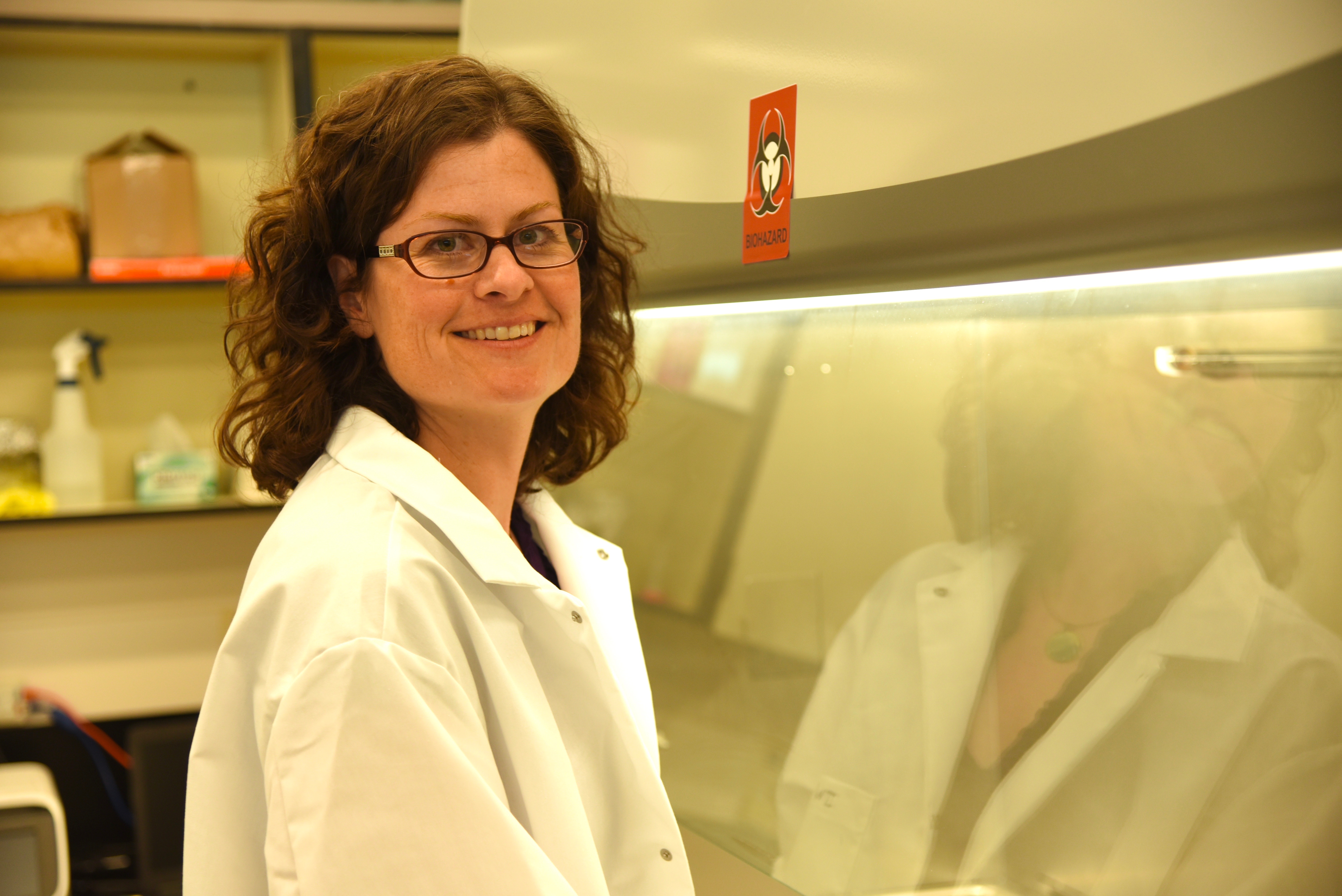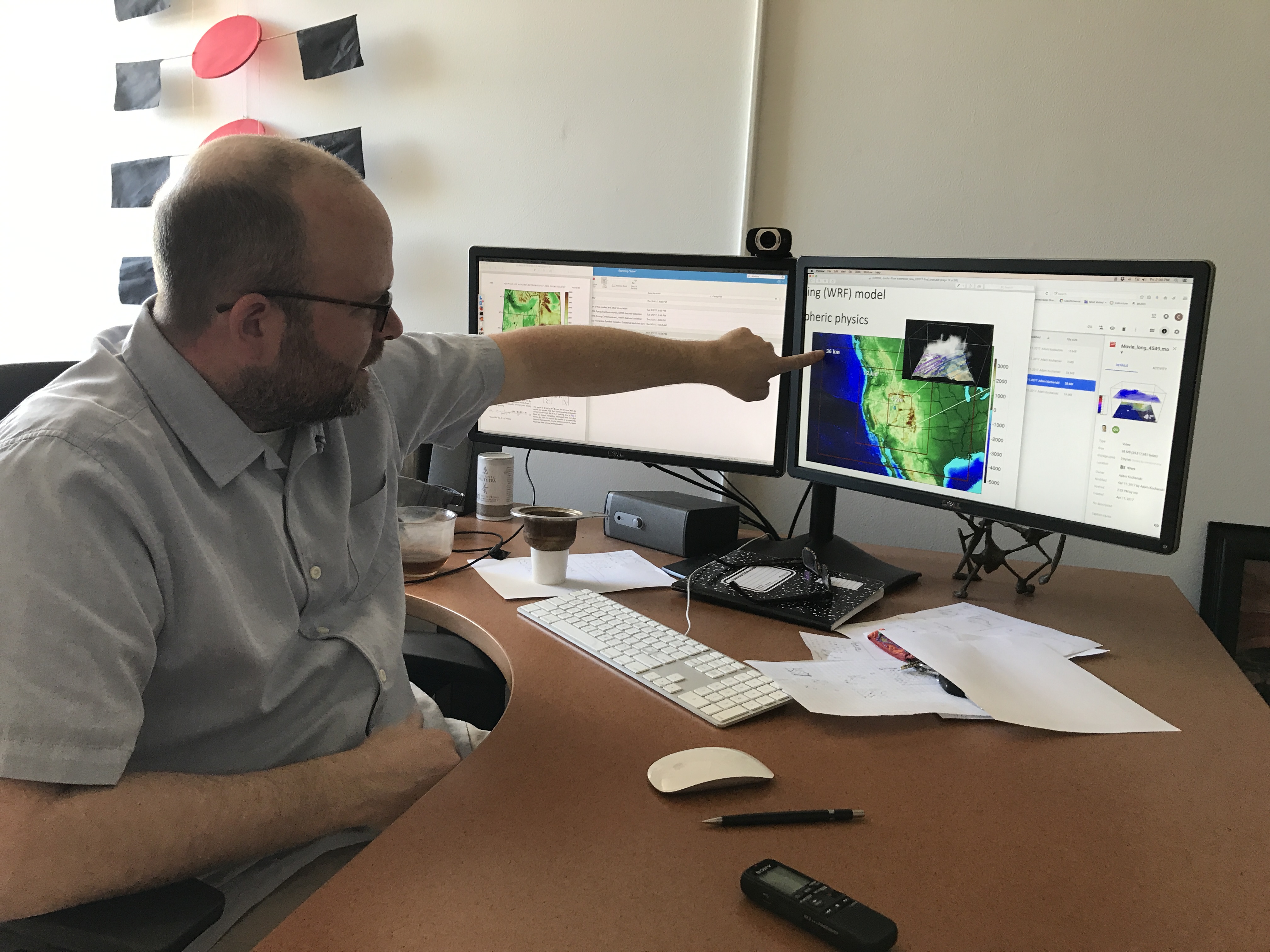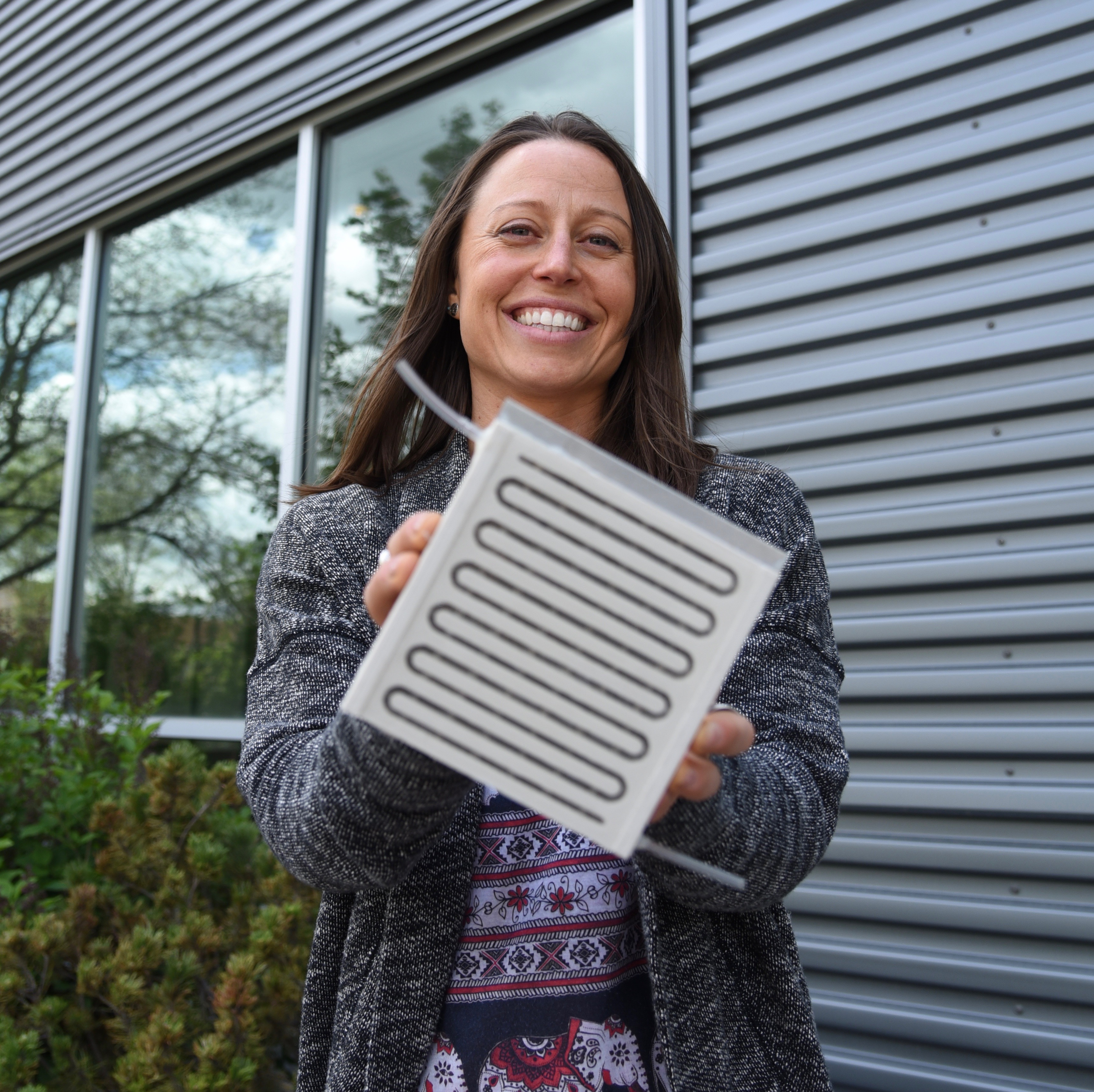Research
The Water Center focuses on applied research--making the work of the academic community useful and relevant to solving real world problems. We take an interdisciplinary approach that bridges the divide between the diverse fields of engineering, economics, public health, the law, biology, and the social sciences.
How can the world provide clean water and sanitation to the hundreds of millions of people who lack it? What new technologies are needed in addressing the world’s water security and sanitation challenges? What systems can be developed to halt the spread of waterborne diseases? Solutions to these complex questions will require a broad, multi-faceted approach. We strive to develop new ways of understanding global water challenges, to innovate new technologies, and to work to inform and advocate for public policies that reflect the best thinking of the twenty-first century.
United Nations Sustainable Development Goal 6
We use the globally agreed upon targets of the United Nation’s Sustainable Development Goal 6 as a framework for our research.
Water and sanitation are at the very core of sustainable development, critical to the survival of people and the planet. Goal 6 not only addresses the issues relating to drinking water, sanitation and hygiene, but also the quality and sustainability of water resources worldwide.
Research Categories

Efficient water use
By 2030, substantially increase water-use efficiency across all sectors and ensure sustainable withdrawals and supply of freshwater to address water scarcity and substantially reduce the number of people suffering from water scarcity

Water management system resilience
By 2030, implement integrated water resources management at all levels, including through transboundary cooperation as appropriate

Restoring ecosystems
By 2020, protect and restore water-related ecosystems, including mountains, forests, wetlands, rivers, aquifers and lakes

Climate and Water Security
By 2020, protect and restore water-related ecosystems, including mountains, forests, wetlands, rivers, aquifers and lakes
Research in Focus

Detecting Pathogens in Wastewater
PROFESSOR JENNIFER WEIDHAAS: “When you think about people’s lives there are only a few things they absolutely need to survive, and water is one of them. It is my hope that the research we do will help improve people’s lives, and lead to healthier lifespans. All our work will be worth it if we just provide a small piece to the puzzle.” Professor Weidhaas’s research focuses on improving water quality, with an emphasis on untreated wastewater. She is working on developing new techniques and technologies for detecting and tracking pathogens within water systems, and finding and fixing the source of pollution to improve overall water quality. “Water security in the 21st century is going to take a significant investment in brainpower. The problems aren’t insurmountable, but there needs to be a sea change in public awareness and consciousness when it comes to water issues.”

Climate and Water Security
PROFESSOR COURT STRONG: "I am a climate modeler, and the focus of my work is to develop a system that can predict with greater accuracy what our atmospheric conditions will be in the future." Professor Strong's research is directed towards creating a climate model with a higher resolution that can better reflect the impact of local topography on a region's climate. "Most climate models use a 200 kilometer matrix. That scale can't take into account the influence of regional landforms on climate." Professor Strong is also interested in creating systems that can better predict future trends in precipitation, floods, and droughts. "Water security is one of the least understood aspects of global climate research."

Innovations in Portable Water Purification
PROFESSOR KRISTA CARLESON: "The technology I am helping to develop is a device that offers an inexpensive, filterless, and portable means of purifying water." Professor Carleson's research has been funded through a grant from the National Science Foundation, and has resulted in a patented device that can be utilized to purify water in remote and isolated communities, or in the aftermath of a natural disaster. Her work is also driven by a commitment to reduce the amount of water pollution and waste that is generated by industrial research. "There needs to be a paradigm shift in the way industry looks at water pollution."


